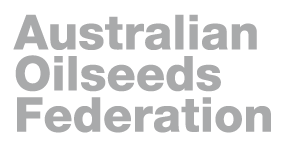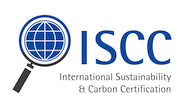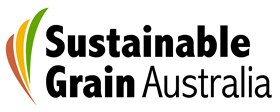Content
ISCC Certification with Sustainable Grain Australia
The International Sustainability and Carbon Certification (ISCC) is a voluntary sustainability certification scheme enabling participants to demonstrate they are producing biomass in a manner which meets community expectations for environmentally, socially and economically sustainable production.
Food, fuel and fibre companies around the world are increasingly improving their sustainability credentials, and sustainable production of agricultural raw material inputs is a primary element of their overall sustainability framework.
The ISCC sustainability scheme provides the downstream supply chain with the assurances they require that their agricultural raw materials were produced in a sustainable way that meets or exceeds community expectations.
In Australia, the ISCC scheme is widely used in the canola, used cooking oil and tallow industries where the oils and fats are intended to be used for biofuels. If the biofuels are being produced in the European Union, it is a requirement that the biofuel inputs are certified as sustainable under an approved certification scheme, such as ISCC. The ISCC scheme is also used in Australia for sorghum destined for ethanol production, and also for barley where end-users, be they brewers, the food industry or feedlots, require certified sustainable inputs.
It is a requirement of ISCC that the entities (such as farms, traders and processors) which trade in ISCC certified products, are subject to annual audits to ensure that the declared sustainability requirements are being met.
Of the Australian growers who agree to trade grain as sustainable under the ISCC scheme, a small sample is selected each year to participate in an on-farm audit. Details of the audit process and the requirements of growers are detailed under Program Overview.



